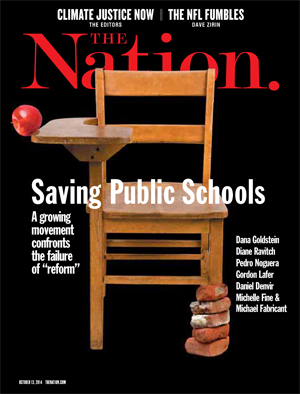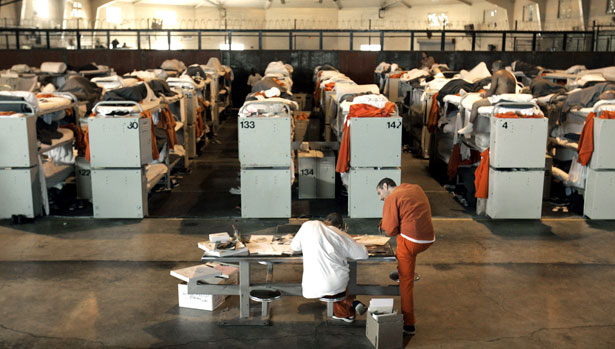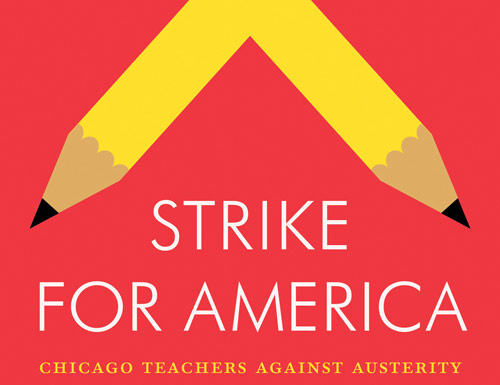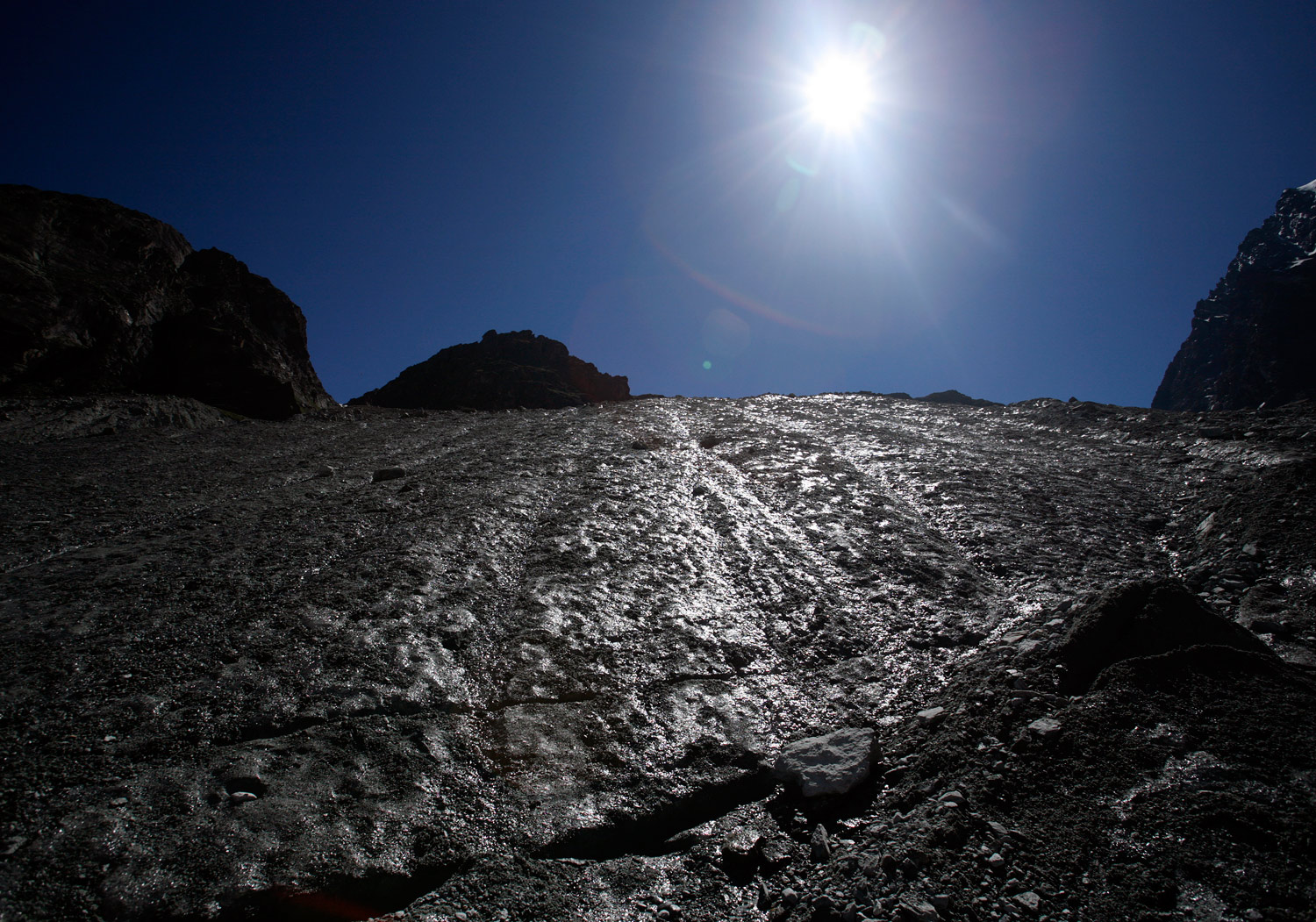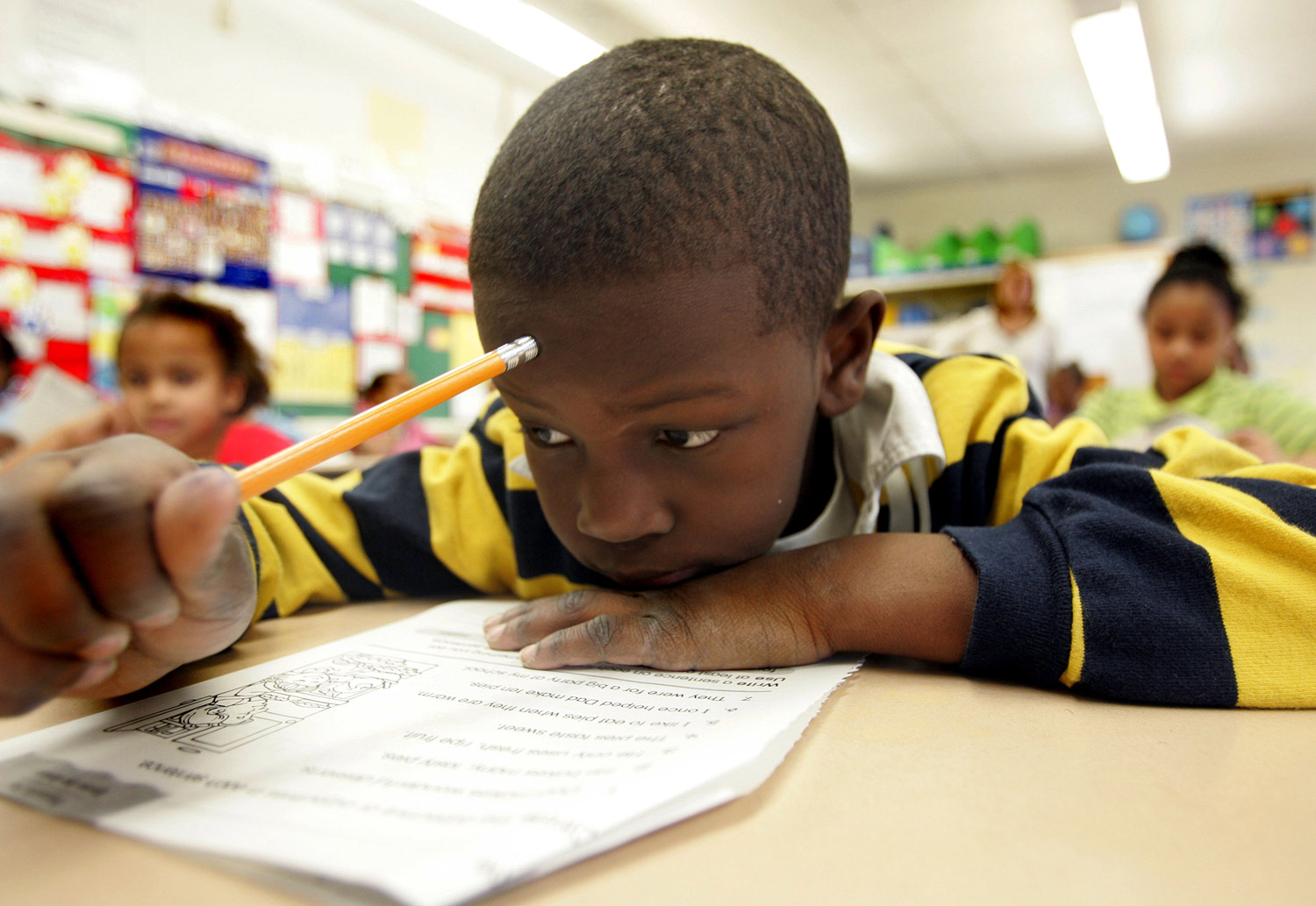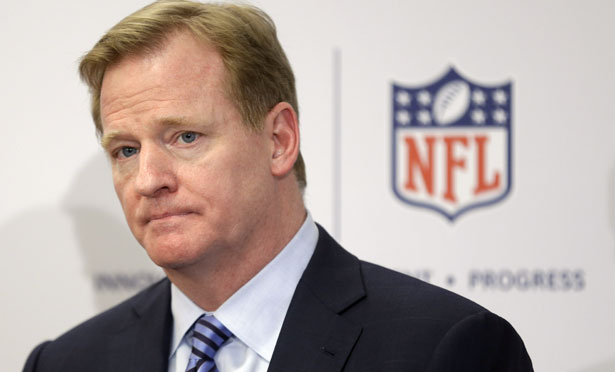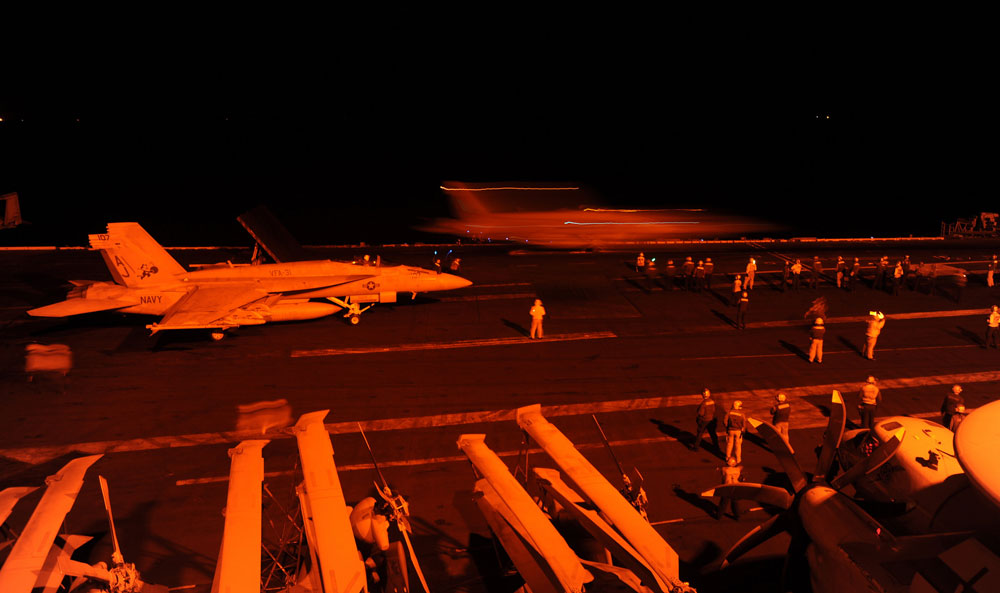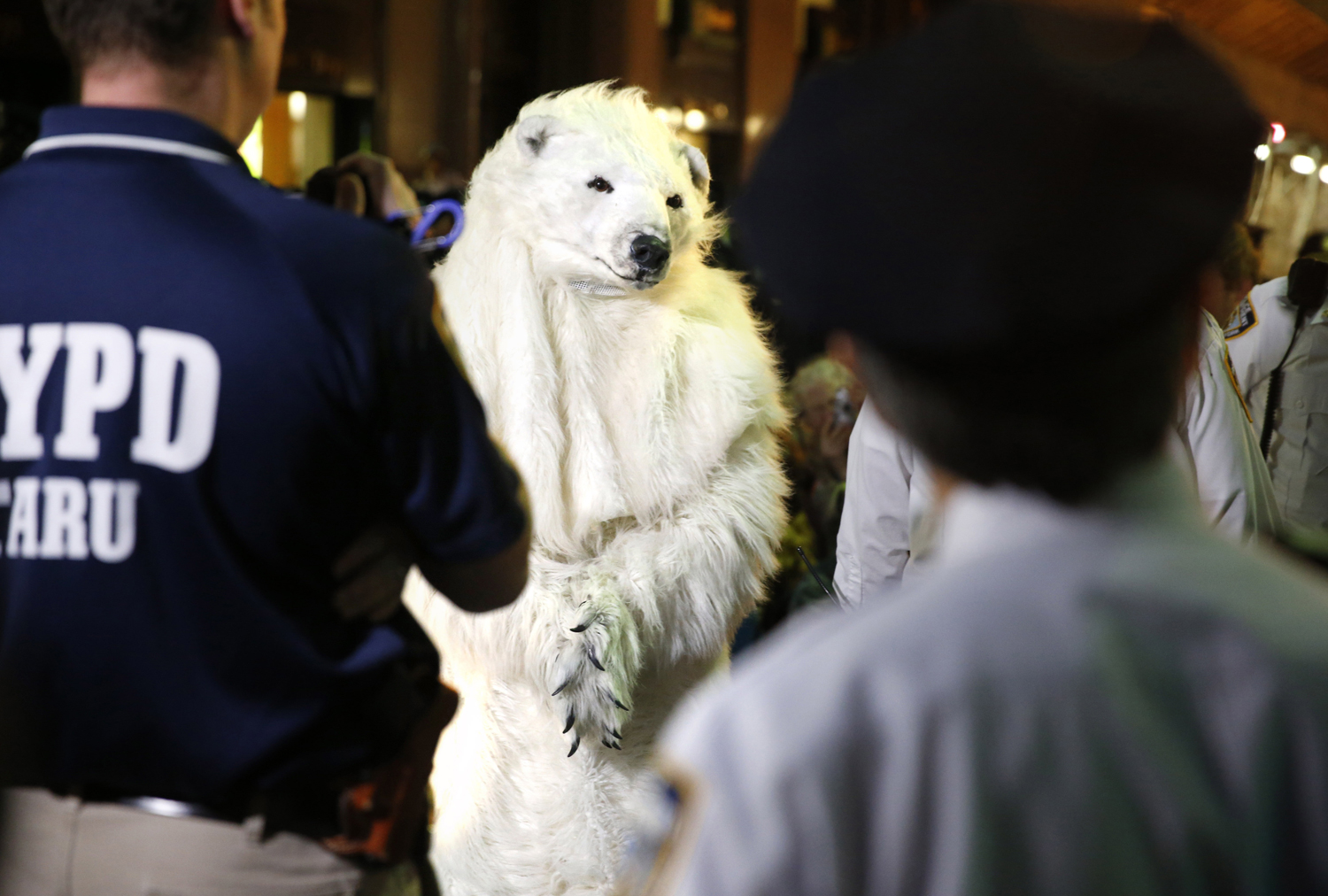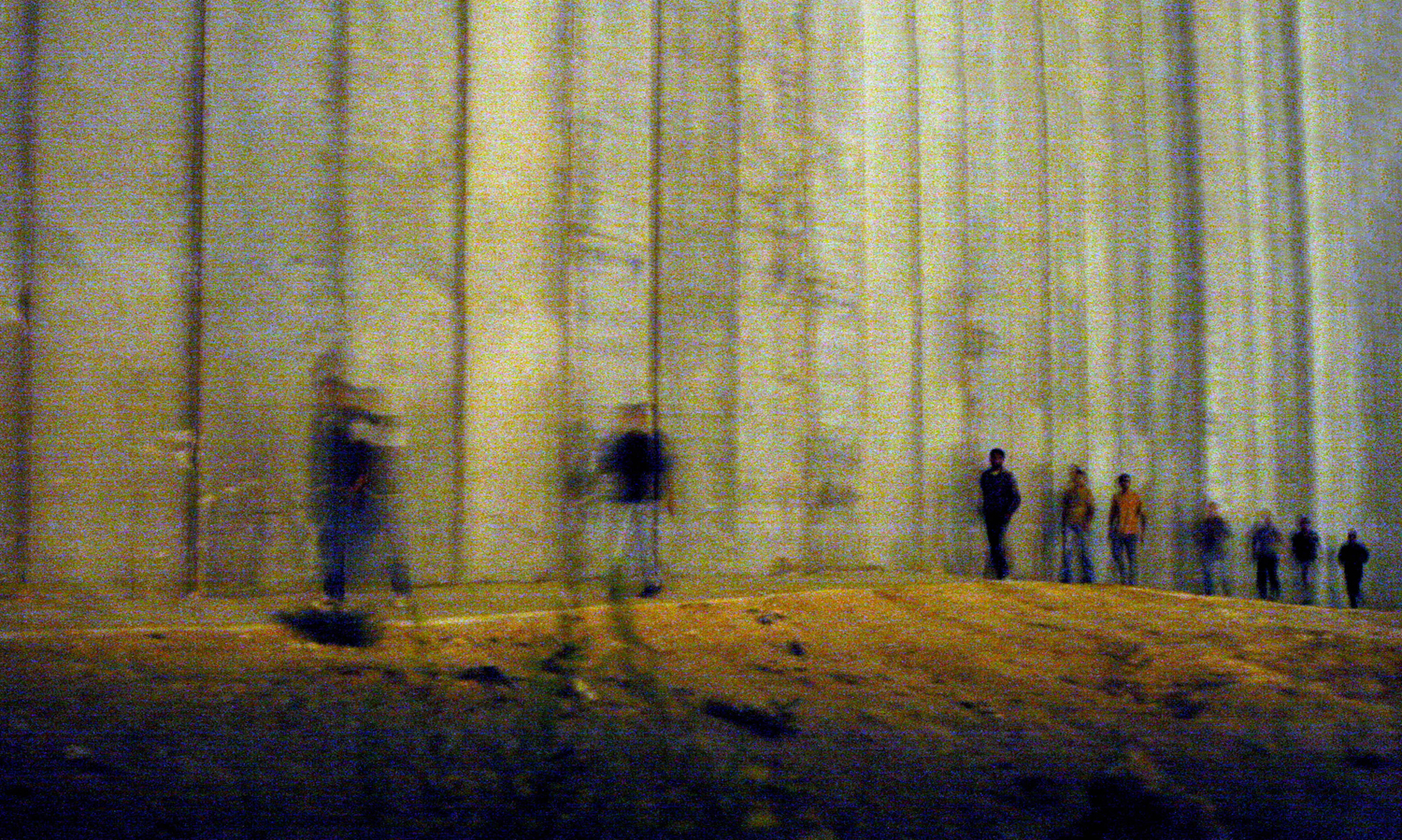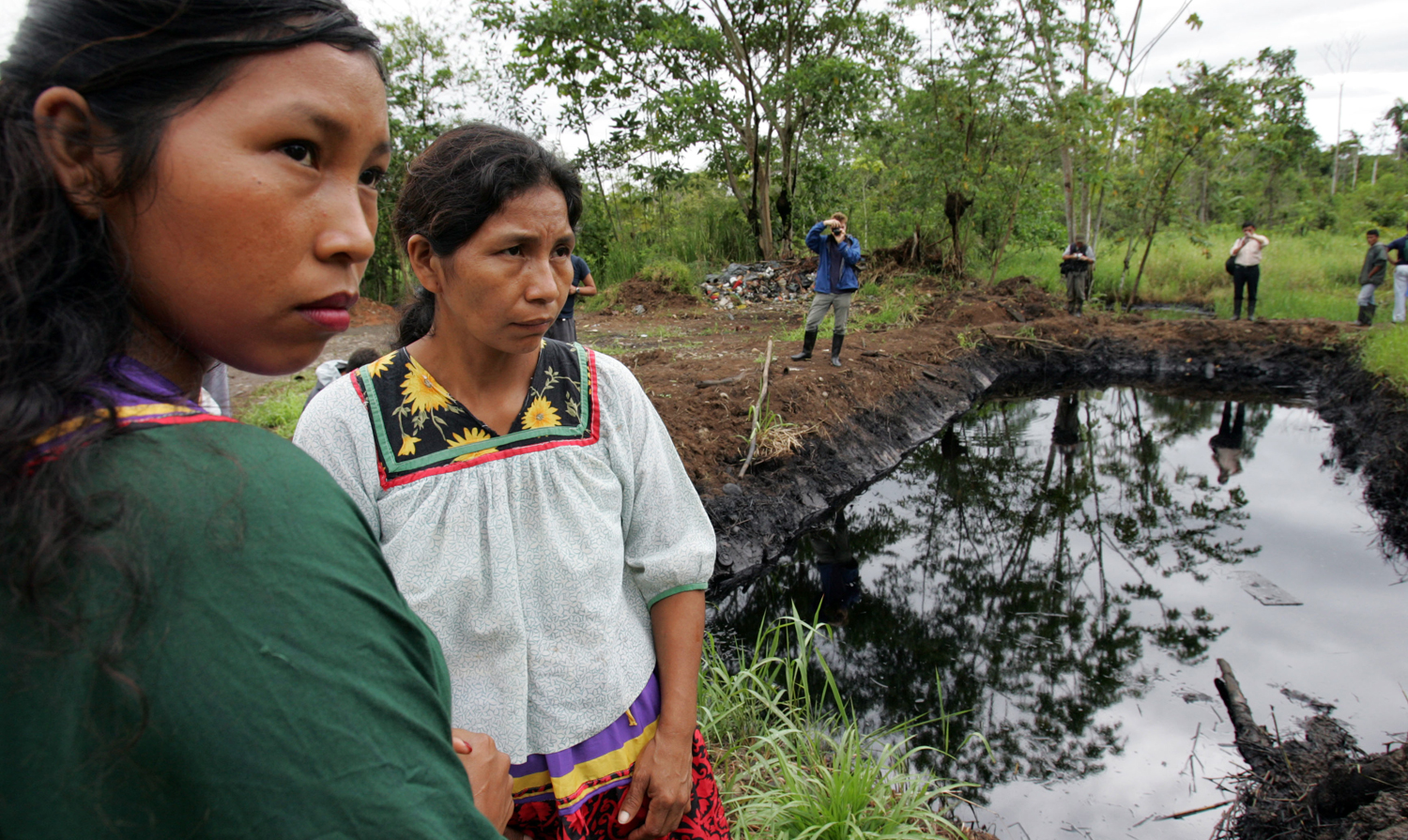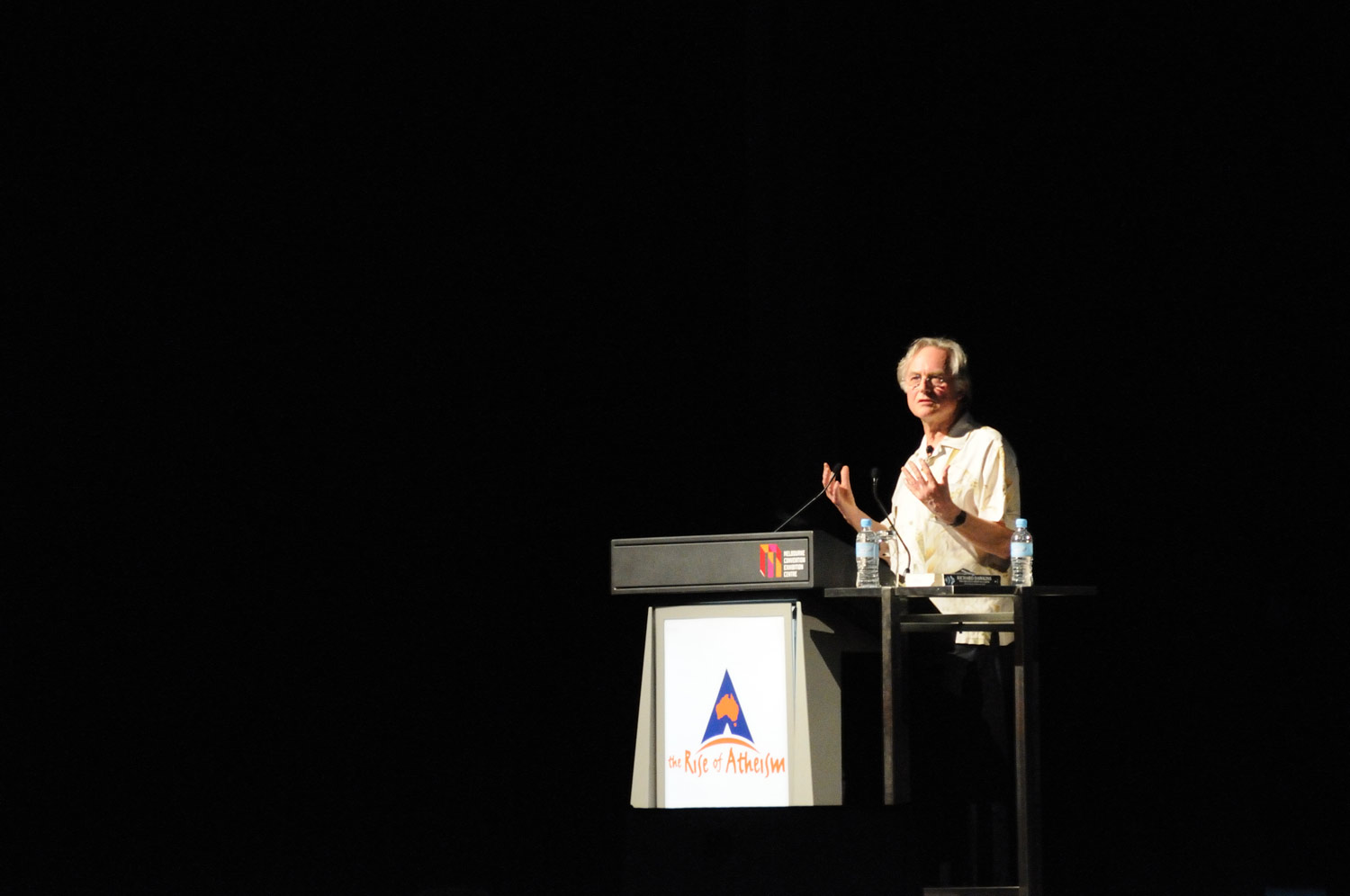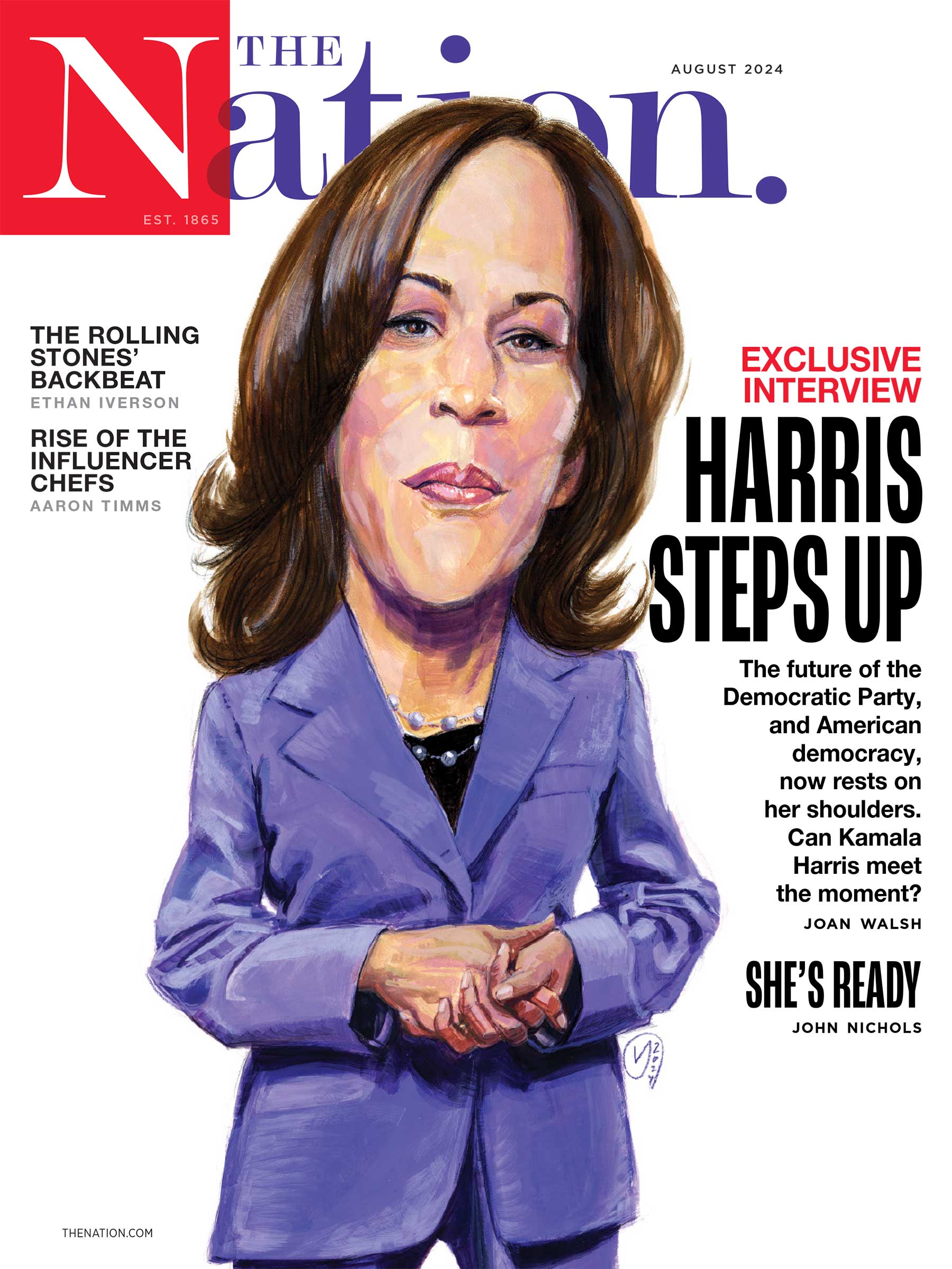Nation editors and contributors have been sweeping up the awards lately. Editor and publisher Katrina vanden Heuvel won the 2014 Norman Mailer Prize for Magazine Publishing. The Norman Mailer Center and Writers Colony, which sponsors the award, said, “Your work with The Nation has taken what was an important voice in the contemporary discourse and turned it into an indispensable one.” Vanden Heuvel also received an Eleanor Roosevelt Val-Kill Medal Award, given to those who have made “a significant contribution to society in the arts, education, citizenship, philanthropy, community services, and other humanitarian concerns….” And vanden Heuvel and The Nation won the 2014 Champion in Activism Award from the Center for Community Change.
Other winners include contributing writer Kai Wright, who received the 2014 Salute to Excellence award for investigative reporting from the National Association of Black Journalists for his November 2013 article “Boxed In: How a Criminal Record Keeps You Unemployed for Life”; as well as Gabriel Thompson and Mariya Strauss, who received the 2014 Clarion Award from the Association for Women in Communications for their 2013 articles on child labor in the tobacco fields, “Leaves of Poison” and “Dying on the Farm.” The Nation also won a feature-writing award from the Society of the Silurians for our May 2013 special issue, “Bloomberg’s New York: The Gilded City.”
Please support our journalism. Get a digital subscription for just $9.50!
We received two monthly awards this year from the Sidney Hillman Foundation: contributor Moshe Marvit won the March Sidney Award for “The Wages of Crowdwork,” his article on digital pieceworkers; and editor at large Christopher Hayes won the May Sidney Award for “The New Abolitionism,” on climate change. Nick Turse won an Izzy Award for “outstanding achievement in independent media” for his coverage of civilian deaths and injuries in Afghanistan, including this magazine’s October 2013 special report “America’s Afghan Victims,” which he co-edited with Robert Dreyfuss. Our art critic, Barry Schwabsky, won the 2013 Best Criticism award from the US chapter of the International Association of Art Critics for his book Words for Art: Criticism, History, Theory, Practice, a collection of essays that draws heavily from his Nation columns. And our blogger Mychal Denzel Smith was a finalist in the 2014 Salute to Excellence Awards for Digital Media from the National Association of Black Journalists.
We’re also pleased to introduce the new feature “Five Books,” in which brilliant minds of the left recommend new or important books that have shaped their thinking. Read More
The Editors
